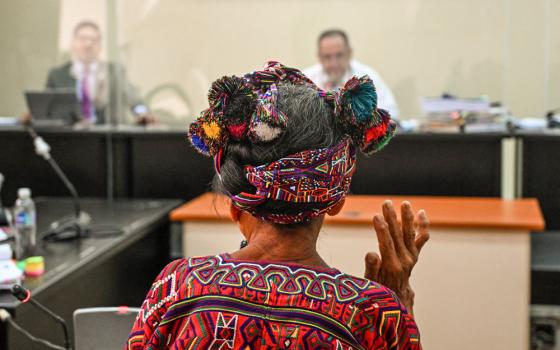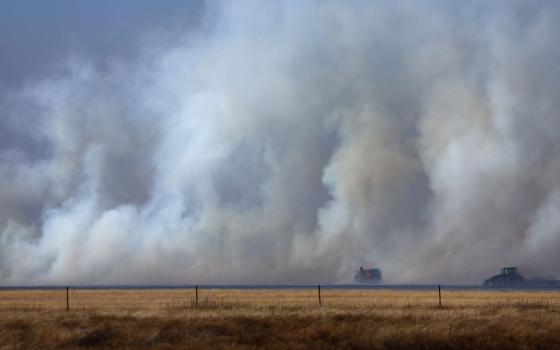By now, it's conventional wisdom among Vatican-watchers that there's no Joseph Ratzinger in the 2013 race for the papacy, meaning no clear front-runner who enjoys the same strong support going into the conclave that then-Cardinal Ratzinger had in 2005.
This consensus raises the question: Was Ratzinger really Ratzinger eight years ago? That is, was he actually the consensus front-runner, or is this a bit of revisionist history based on the benefit of hindsight?
For the record, my dismal history of not predicting a Ratzinger papacy speaks for itself. In 1999, I published a biography of the cardinal, the last chapter of which contained four reasons why he couldn't get elected as pope. In 2002, one of my early "Word from Rome" columns focused on three prominent cardinals I believed were destined to remain kingmakers rather than kings: Ratzinger, Carlo Maria Martini and Giacomo Biffi.
(I suppose it's silly to point out that I got two out of three right. To make things worse, I included a note to readers in that column to remind me if one of those guys got elected; when the time came, hundreds took me up on it.)
Nonetheless, by April 2005, in the immediate run-up to the conclave, everyone could see Ratzinger's candidacy had serious legs, and most of us were saying it out loud.
Here's what I wrote in a piece posted on the NCR website on April 16, 2005, two days before the voting began:
Despite the nonstop speculation surrounding the conclave that opens April 18, the press seems to have at least one thing right: In the early stages, the balloting will likely shape up as a "yes" or "no" to the candidacy of German Cardinal Joseph Ratzinger, the so-called "Panzer-Kardinal" who for 24 years was John Paul's top doctrinal czar.
Given the strong, polarizing stands Ratzinger has taken, it's not clear that there are really 77 votes for him among the 115 voting cardinals, the number it would take to achieve a two-thirds majority. On the other hand, Ratzinger's strong base of support means one has to take his prospects seriously.
It was hardly just me.
On April 14, two days earlier, La Repubblica carried a piece by veteran Italian Vatican writer Marco Politi claiming Ratzinger was the present "front-runner" with about 40 cardinals ready to vote for him, perhaps even 50, because of the support of Cardinals Camillo Ruini of Rome and Angelo Scola of Venice, as well as three cardinals from the Roman Curia, Cardinals Julian Herranz Casado of Spain, and Alfonso Lopez Trujillo and Dario Castrillon Hoyos of Colombia.
Fr. Raymond de Souza, a prominent Canadian commentator on church affairs, today recalled a piece he did for the National Post on the morning of April 19, which, as it turns out, was the day Benedict was elected.
"We'll know today," De Souza wrote that morning. "Ratzinger made his case clear yesterday. If the cardinals accept it and choose him, it will be today."
Bottom line: Yes, Ratzinger was indeed Ratzinger last time around.
Most vaticanisti had it right that the man who became Benedict XVI was the leading candidate, which may make today's conventional wisdom about the lack of a Ratzinger a bit more credible.
As a corollary, 2005 is also a reminder that he who enters as a pope doesn't always exit as a cardinal. Sometimes he comes out as pope.




